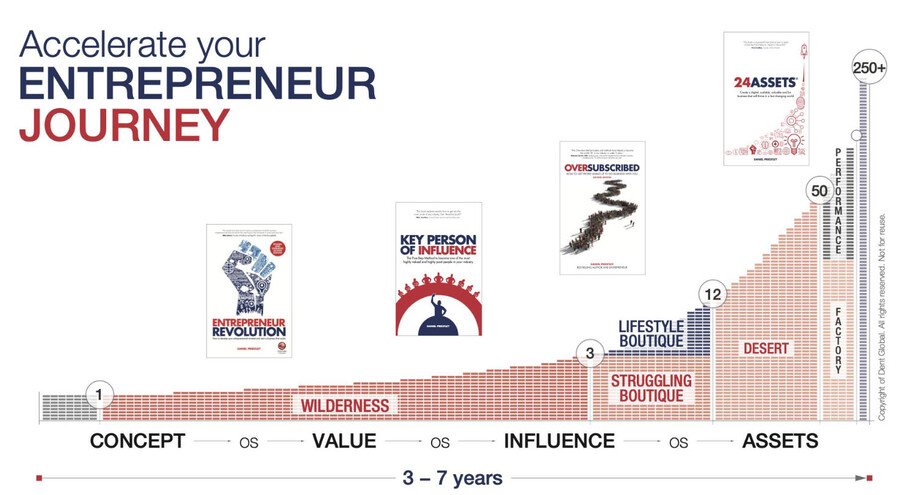Hi Ray
Sorry mate, just seen this. Jumping straight to https is very dangerous and the web is littered with big sites that screwed it up and lost their traffic.
HTTPS is the way the world is going and Google is encouraging everyone to go this way as it means your web sessions are secure as any data sent to or from your site is encrypted.
But...
Google also sees http://www.website.com as a completely different website to https://www.website.com.
So you need to run both http and https in parrallel. There is a line of code you add to your web page which tells Google and any other search engine or service which web page you would like indexing. This is called a canonical and looks like this:
<link rel="canonical" href="https://www.website.com/webpage1.html" >
This simply means that if Google lands on your http page, you are telling them to make the https version the primary one. But the http one will remain in Googles index, preserving any rankings until it is re-indexed as a https.
People will tell you different things, but we did this with MLS which had over 3 million pages at the time, we ran the http and https versions in parallel for 6 months. After that we then redirected the http site to the https one and saw no drop in traffic or rankings.
If your web designer tells you they need to redirect your http to https then say no! Having the canonical tag tells Google that you are pointing traffic to your new https site and not to index any more pages using the http version. This tag also stops you getting any duplicate content penalties.
Basically you don't want to redirect your http website to your https one until Google has re-indexed all of your webpages as https, which is why I give the 6 month rule of thumb. This ensures any rankings you have (and therefore web traffic) is unaffected.
Looking at your site, you have redirected straight to https, while there are still some http pages ie your blog (which looks like it's not being used) - http://www.hornseaink.com/blog/
If you are seeing reduced rankings, then I would ask your hosters to stop redirecting to https. They have added the canonical tag which is good, so Google will still only index https pages. If you see traffic and enquiries recover, then not all of your pages have been indexed by Google yet, so run in parallel (ie http and https) for a few months.
Hope that makes sense, it is an extremely complex issue, but hosting providers should not be forcing or scaremongering ecommerce sites to cut over to https without giving a clear and thought out plan, explaining the issues, pitfalls and mitigating as much risk as possible.
Feel free to ask any questions.







